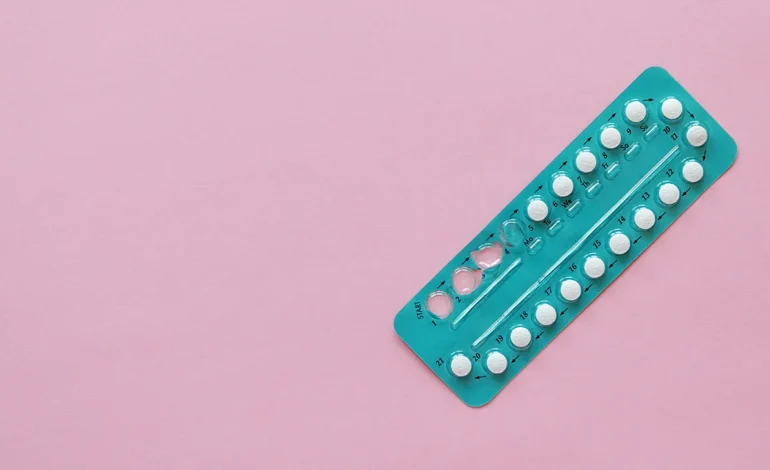In recent years, many women have voiced concerns about how the contraceptive pill might impact their mental well-being, BBC reports.
With declining pill usage in several countries and growing discussions on social media, the question remains: does scientific evidence support these worries?
Oral contraceptives have been widely used since their introduction in the 1960s, offering women a reliable method of birth control. Today, around 150 million women globally take the pill. However, its popularity has been declining in some developed nations, with many citing concerns about side effects, including mental health impacts.
At the same time, social media influencers have contributed to a mix of information and misinformation about the pill’s effects. Some suggest stopping birth control entirely, a movement that some experts worry may be linked to rising abortion rates.
The effect of hormonal contraception on mental health appears to vary from person to person. According to Johannes Bitzer, a Swiss obstetrician-gynecologist:
“For some individuals, the pill has a positive effect on mental well-being. In others, it may cause irritation and even anxiety.”
Historically, discussions around mental health effects were limited in medical training and contraceptive guidance. However, research has gained momentum in recent years. A 2016 Danish study involving over a million women found that those who started taking the combined pill were 70% more likely to be prescribed antidepressants within six months, while users of the mini-pill had an 80% increased likelihood. A 2023 study of UK health records showed similar findings.
Despite these associations, some researchers remain cautious about drawing conclusions. These studies do not prove cause and effect, meaning other factors—such as pre-existing mental health conditions or lifestyle differences—may play a role.
Other studies have found weaker or no significant links between the pill and depression. A review of 26 studies from Ohio State University found only a “minimal” connection between progestogen-only contraception and depression. Meanwhile, two Swedish clinical trials concluded that the combined pill did not cause depression or mood decline in participants.
Interestingly, some research suggests that stopping the pill temporarily—such as during the recommended seven-day break—can lead to worsened mood, raising questions about whether continuous use may be a better option for mental well-being.
Hormonal contraceptives work by altering natural hormone levels, which can have unintended consequences on brain chemistry. Artificial hormones in the pill may interfere with serotonin, a neurotransmitter linked to mood regulation. A Danish study found that pill users had lower serotonin activity compared to those not taking oral contraceptives.
Another possible mechanism involves allopregnanolone, a hormone derived from natural progesterone that has calming effects on the brain. Some researchers believe synthetic hormones in the pill may disrupt the body’s ability to produce this compound, potentially contributing to anxiety and depression. However, much of this research is still in early stages, and further studies are needed to confirm these effects.
Adolescents appear to be at higher risk of mental health side effects from the pill. The Danish study found that teenage girls taking the combined pill were nearly twice as likely to be prescribed antidepressants compared to those not using hormonal contraception. Another study in Sweden revealed that younger teenagers were up to 240% more likely to receive antidepressant or anti-anxiety prescriptions after starting the pill.
Women with a history of depression may also be more susceptible to mood-related side effects from hormonal contraception. Experts recommend closely monitoring mental health when starting a new contraceptive method and consulting a healthcare provider if any concerns arise.
While some women experience negative effects on mental health, many do not. In fact, for those with conditions like endometriosis, heavy bleeding, or premenstrual dysphoric disorder (PMDD), hormonal contraceptives can provide relief.
Experts emphasize the importance of individualized care. With over 30 different brands of the combined pill alone, finding the right formulation can be a process of trial and error. Additionally, non-hormonal options like copper IUDs and condoms, as well as lower-dose hormonal options like the hormonal coil, may be alternatives for those concerned about side effects.
The relationship between the contraceptive pill and mental health is complex. While some studies suggest an increased risk of depression and anxiety, others find little to no effect. The variation in findings may be due to differences in study methods, individual responses to hormones, and other influencing factors.










The latest news in your social feeds
Subscribe to our social media platforms to stay tuned